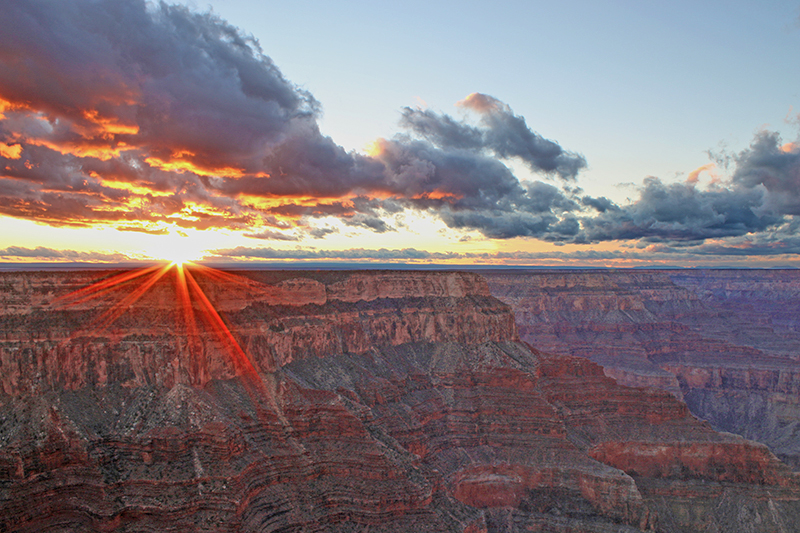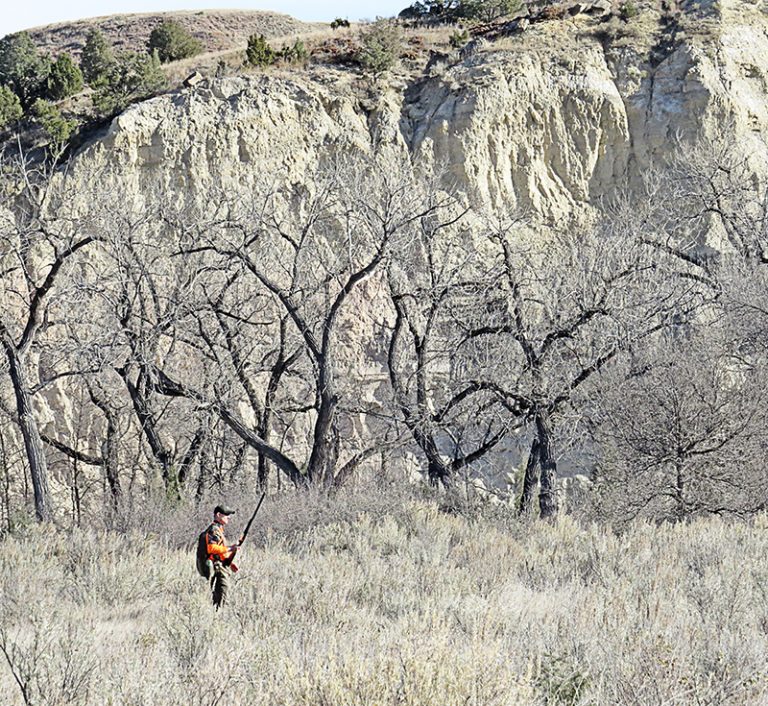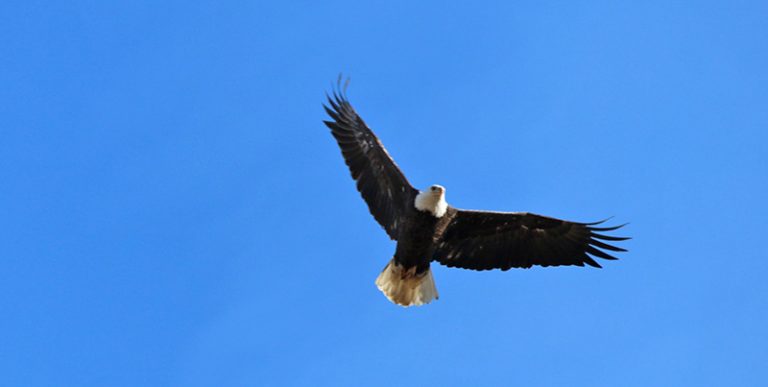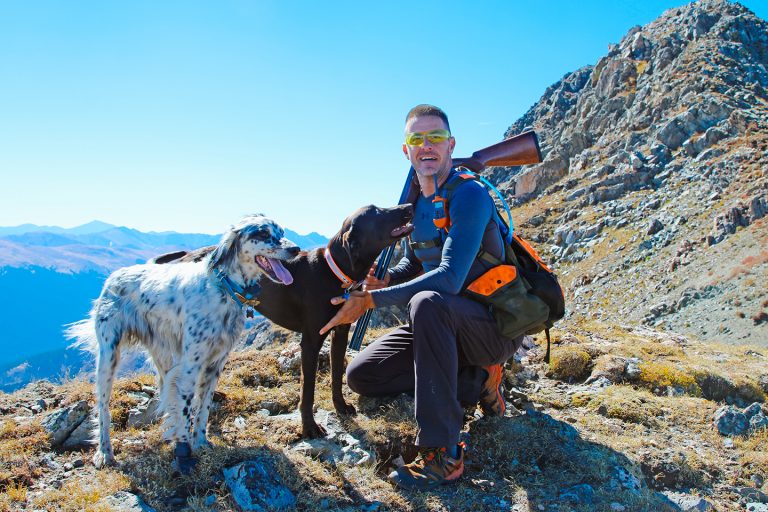Shooting Holes in Land Transfer

At the core of the raging public lands debate are two opposing views of federal lands. Transfer advocates believe the federal government owns the land. Transfer opponents believe the American people own the land which is held in trust by the government, managed by various agencies.
The truth is, regardless which view is taken, long-held principles outlined by the Federal Land Policy and Management Act of 1976 (FLPMA) require these lands be managed in the best national interest.
Anti-Federalists claim that the government is not entitled to own land. Even if you subscribe to that interpretation of The Property Clause (Article IV, Section 3, Clause 2), FLPMA still requires any disposal of land to use the best interests of the American people as a guiding principle. So let’s walk that path for a bit.
Residents of a state aren’t sole owners of the public land within its boundaries. That land belongs to all Americans despite which ownership view you believe. The federal government is a representative democracy, it is the people. And land has value despite any “fuzzy” accounting rules congress tries to enact. One need only look at the free market where land has a monetary value and is bought and sold. It certainly would not be in the people’s best interest to give away, i.e. transfer, a valuable asset without proper compensation.
Anti-Federalists believe the states should manage and own that land. So why do we not see states reaching for their checkbooks? Why isn’t the movement referred to as “Public Land Sale?” If sale was determined to be in the best national interest then fair market value would be the guideline (outlined in FLPMA Sec. 203d).
Since the congressional delegation from Utah seems to be spearheading the land transfer movement (see Sen. Mike Lee, Rep. Rob Bishop, Rep. Jason Chaffetz), let’s quickly assess the value of land in their state:
Per acre values are subjective and should be based on the market, but let’s use a general number of $3,000 per acre for U.S. Forest Service and Bureau of Land Management acres. That’s being very generous to prospective buyers since the BLM administers five National Monuments in the state which would likely have a much higher market value. We the people would certainly value National Park land much higher – Arches, Canyonlands, Bryce Canyon, Zion – truly national treasures that most would call priceless. For the sake of this exercise let’s value them at $15,000 per acre, an absolute bargain.
USFS 8.1M acres x $3,000 = $24,300,000,000
BLM 22.8M acres x $3,000 = $68,400,000,000
National Parks 2.1M acres x $15,000 = $31,500,000,000
By this rudimentary calculation our lands in the state of Utah are worth $124.2 billion. This doesn’t account for upgrades to the land, infrastructure, ongoing contracts, etc. But for the purposes of this exercise the basics should be fine.
Luckily Utah has a AAA credit rating. How many acres would the state of Utah, or any other for that matter, like to purchase for the right to manage the resource? The answer is none, at least not at fair market value. But who doesn’t want to add a substantial asset to the balance sheet for free?
Currently Utah has $35.7 billion in outstanding debt. Total annual tax collections are around $6.3 billion and annual federal aid to the general fund accounts for $4 billion. Utah’s last annual budget totaled $15.1 billion. The funds to pay for Americans’ land are going to come from…..
It’s not there. And the funds to manage 31 million acres don’t exist either.
Representative Bishop basically concedes a lack of management funds in his latest budget request of $50 million to give states that receive his planned land transfer to ease their financial burden.
It’s time for an analogy. Let’s break this down into bird hunters’ language:
You own a fine double shotgun, your prized possession. You have a gunsmith who keeps it tuned and functioning. Lately the gunsmith has made a few changes to the trigger that you don’t like. So you find a person with no money and little interest in shooting and give them the shotgun along with $50 to take it off your hands. Wonder what they’ll do with that gun? It doesn’t really matter because you don’t own it anymore.
This is exactly the kind of illogical behavior the public land transfer movement is asking you to support.
The attack on public lands is about profit motive, plain and simple. If it were otherwise – if this were a matter of management or constitutional jurisdiction – then start calling this movement land sale and state governments should be showing the American people how purchase funds will be generated and long-term plans for the land.
There will be those who support the idea of a land sale even when it makes no fiscal sense for their states. But the vast majority of Americans consider our public lands a priceless asset that transcends any monetary value. For them sale or transfer isn’t an option, it’s tantamount to treason. Just like a bird hunter will never sell that fine double gun; it’s to be left to their children and hopefully their children’s children.
Colorado College Public Lands Poll
Join the conversation and sign the petition to #keepitpublic at SportsmensAccess.org – Click Here.




Thank you for this article I am so tired of all the hysteria and garbage that has and is being printed about this subject . Like the new administration is going to ruin the National Parks by selling oil leases on them etc etc I have a hard time understanding this ignorance.
Our public lands are a great Treasure and blessing and need to be kept as such for all to enjoy . Harvesting Timber and grazing livestock if done right is a beneficial and wise use of these natural resources and a benefit to our economy . And we need some Wilderness protected from any mechanical intrusion . I don’t have any livestock and am not or ever been a lumberman .